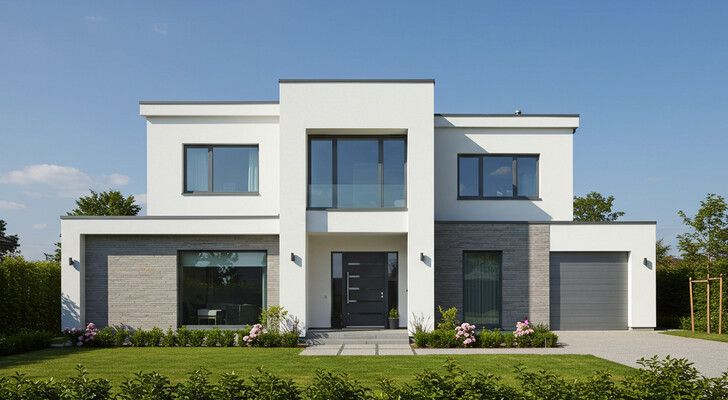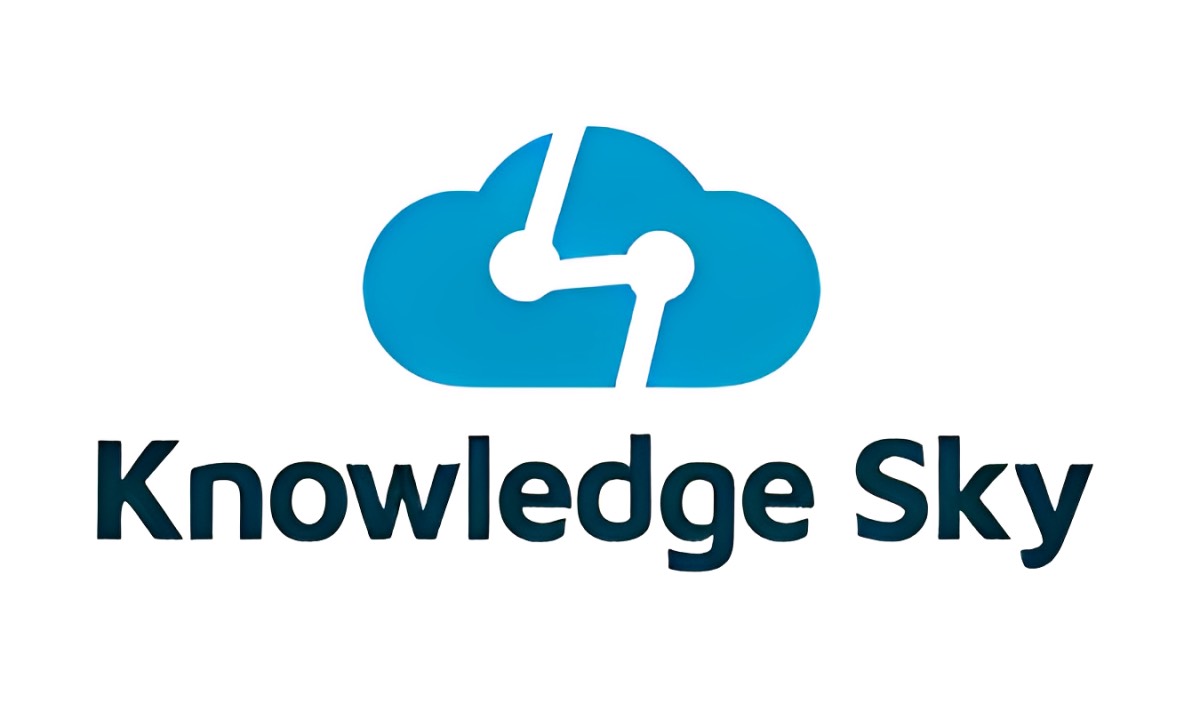
The U.S. housing market in 2025 continues to challenge buyers with elevated prices and limited inventory. For those seeking more affordable options, bank-owned or foreclosure homes are becoming a viable alternative. Once considered risky or undesirable, these properties are now drawing attention from buyers who are willing to trade a bit of cosmetic repair for long-term value. While they may not come polished or freshly staged, foreclosure homes often offer significantly lower price tags—and in many cases, room for negotiation.
- Understanding the Foreclosure Process
- The Tradeoff: Affordable Pricing vs. Potential Risk
- Lower Costs, Less Competition, and Financing Options
- The Hidden Challenges to Consider
- Not Just a Financial Transaction, But an Emotional One
- Top 10 Cities to Buy Foreclosure Homes in the USA (2025)
- Who Benefits Most From Buying Foreclosures?
- Tips for a Smarter Foreclosure Purchase
- Is Now the Right Time?
Understanding the Foreclosure Process
Foreclosure occurs when a homeowner fails to keep up with mortgage payments, prompting the lender to repossess the property. These homes then enter the market through public auctions or are listed by banks, often at below-market prices. Because lenders typically prefer to sell quickly rather than maintain unused properties, motivated buyers may be able to secure favorable deals. However, unlike traditional listings, foreclosure properties are generally sold as-is, meaning no repairs or guarantees are offered by the seller.
The Tradeoff: Affordable Pricing vs. Potential Risk
It’s important to approach foreclosure homes with a realistic mindset. While the prices are often attractive, there can be hidden costs. Properties may have been vacant for months or years, leading to neglect or damage that isn’t always visible at first glance. Issues like mold, plumbing problems, or structural damage aren’t uncommon. Buyers should consider paying for a full home inspection and consult a licensed contractor before finalizing any purchase. Despite the risks, those who are prepared can acquire homes well below market value.
Lower Costs, Less Competition, and Financing Options
One of the most compelling advantages of foreclosure homes is the potential for major cost savings. For example, in neighborhoods where standard listings hover around $400,000, a similar foreclosed property might be priced closer to $300,000. For buyers with limited budgets—whether retirees, first-time homeowners, or small investors—this can make all the difference. Additionally, because these homes often require repairs, competition is lower, giving serious buyers more time to evaluate and negotiate. Financing may also be available through specialized programs like the FHA 203(k) loan, which covers both the purchase price and the renovation costs.
The Hidden Challenges to Consider
Although the price is appealing, foreclosure purchases aren’t without obstacles. Some buyers encounter delays due to legal paperwork, unresolved liens, or slow communication from banks. Others find themselves dealing with unforeseen repair costs or occupancy issues. These factors can stretch timelines and increase stress, especially for those expecting a quick closing. For this reason, working with a real estate agent who has experience in foreclosure sales is essential. They can help spot potential issues early and guide buyers through the legal and procedural nuances involved.
Not Just a Financial Transaction, But an Emotional One
Beyond logistics, there’s an emotional layer that’s often overlooked. Many foreclosure homes carry a history of hardship. Buyers may find remnants of former residents or signs of abandonment. For some, this can be emotionally difficult. For others, it represents a chance to restore and renew—a way to breathe life back into a property and provide a new chapter for their own family. In either case, it’s helpful to enter the process with both compassion and a clear understanding of what lies ahead.
Top 10 Cities to Buy Foreclosure Homes in the USA (2025)
Some cities in the U.S. offer a higher volume of foreclosure listings along with favorable pricing, making them strong contenders for buyers looking for opportunity in 2025:
- Detroit, Michigan – Still one of the most affordable major cities, with many foreclosure homes available for $60,000 to $120,000.
- Cleveland, Ohio – Solid single-family foreclosures can be found in the $70,000 to $130,000 range, often near downtown or revitalizing areas.
- Baltimore, Maryland – Offers older row homes and townhouses priced between $90,000 and $160,000, especially in up-and-coming neighborhoods.
- Tampa, Florida – Slightly pricier, but you can still find foreclosures around $150,000 to $220,000, often just outside the city center.
- Las Vegas, Nevada – Prices dipped a bit this year, and you can now find foreclosures for $180,000 to $260,000, especially in older suburban areas.
- Phoenix, Arizona – Inventory has gone up in 2025, with foreclosure homes averaging between $190,000 and $270,000, depending on the location and condition.
- Memphis, Tennessee – One of the best cities for investors, with many properties going for $80,000 to $140,000, and strong rental returns.
- Rockford, Illinois – A quiet Midwest gem, offering plenty of small homes and duplexes in the $60,000 to $110,000 range.
- Wichita, Kansas – Consistently affordable, with well-kept foreclosure properties between $90,000 and $150,000.
- St. Louis, Missouri – A mix of historic homes and fixer-uppers, with foreclosures ranging from $85,000 to $160,000, depending on the neighborhood.
Whether you’re a first-time buyer or an experienced investor, these cities present a variety of price points and property types. Buyers willing to look outside high-demand metros may discover excellent value and long-term appreciation potential.
Who Benefits Most From Buying Foreclosures?
Foreclosure homes appeal to several types of buyers. For real estate investors, these properties offer opportunities for rental income or profitable flips. Families looking for a starter home may benefit from below-market pricing that stretches their budget further. Even retirees seeking to downsize without dipping into savings too heavily can find options worth considering. What matters most is that buyers understand the condition of the property and approach the transaction with the right expectations and professional support.
Tips for a Smarter Foreclosure Purchase
If you’re thinking of pursuing a bank-owned property, there are a few steps to take before making an offer. First, get pre-approved for a mortgage so you can act quickly when a promising listing appears. Second, partner with an agent who specializes in distressed or foreclosure sales. Third, prepare a budget for repairs and unexpected expenses—many buyers overlook this step and end up overextending themselves. Lastly, keep your timeline flexible, as the closing process may take longer than traditional home purchases.
Is Now the Right Time?
It depends on your goals and level of preparation. If you have some cash on hand, a trusted contractor, and the ability to manage uncertainty, foreclosure homes in 2025 can be a wise investment. On the other hand, if you’re looking for a move-in-ready home with minimal hassle, a traditional listing might better suit your needs. There’s no one-size-fits-all answer—what matters most is aligning your expectations with what foreclosure properties truly offer.
In the end, buying a foreclosure home is about more than saving money. It’s about recognizing value where others might see risk, and being willing to put in the effort to turn potential into something livable, valuable, and personal.


